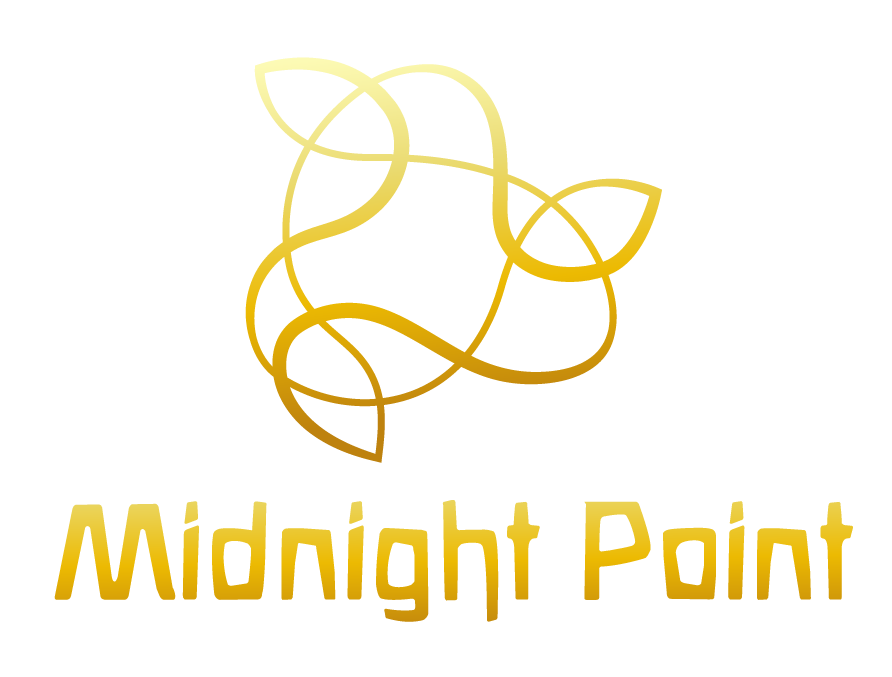
Our free will is built upon how conscious we are about ourselves. On the surface, we can discern how we are conditioned by family and society. Yet, much of this lives unconsciously in us, and we may find it a lifelong task to transform.
When we live conventionally, we rely on our instincts and intellect to inform us as to what is real and how we should live in a particular reality. “Common sense” and “morality” are largely determined by shaped beliefs.
Each one of us has to find their own relationship to external conditioning. Our own sympathies and antipathies may be more challenging to see, let alone transform, which embrace the external conditioning, but goes deeper, for we bring some of these with us from previous lives.
Our sympathies and antipathies live in our life of thinking, feeling, and willing. Freedom in each of these areas of our lives is proportionate to the freedom living in the other.
What is this freedom? As I stated at the beginning, it is built upon how conscious we are about ourselves. When we consciously consider an action, a feeling, or a thought, we can decide if it is good, beautiful, or true. To the degree we consciously consider, we open ourselves to intuition. It is intuition that lets us know if something is true, beautiful, or good.
On one hand, intuition is felt as an inner knowing, born from a connection to our deepest sense of self. Yet, intuition is also experienced as a knowing that comes from “somewhere else”. Inwardly, we experience intuition as coming instantaneously anew within the core of our being, or as a flash of insight that enlightens us. In either case, it is an experience of living creation itself that infuses our whole being. This is an experience not born of chemical reactions and nerve synapses, for these are physical manifestations of the activities of the deep mysterious connection between what is universal and impersonal with what is personal.
Our free discernment lives between the assent and dissent of our everyday lives, to the degree that our assent and dissent are not unconsciously determined by external forces. Our free will depends upon this quality of discernment.

Recent Comments